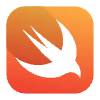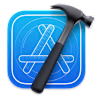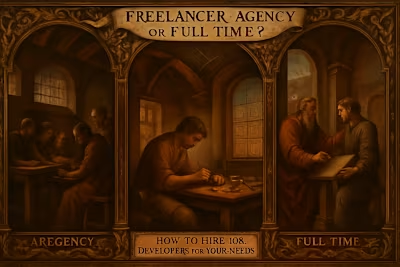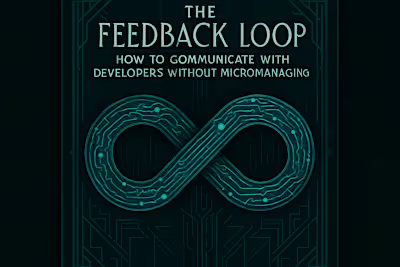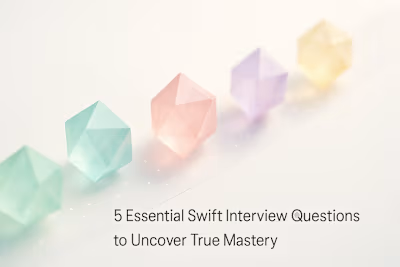Beyond Code: How to Assess Soft Skills for a Perfect iOS Developer Hire
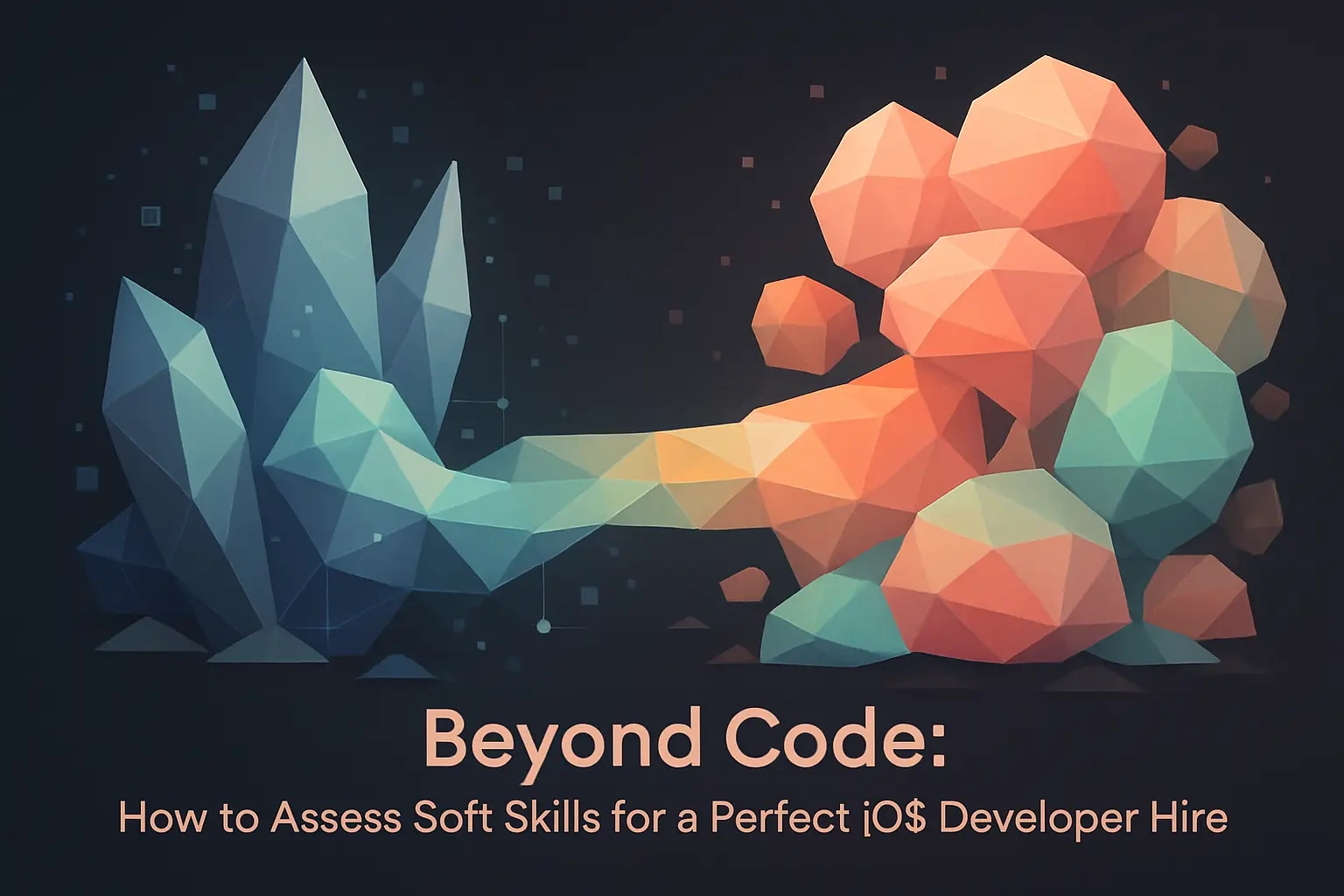
Beyond Code: How to Assess Soft Skills for a Perfect iOS Developer Hire
Why Soft Skills Are Critical for Development Teams
Impact on Team Velocity and Morale
The Cost of a Bad Culture Fit
Key Soft Skills for an iOS Developer
Communication and Empathy
Problem-Solving and Critical Thinking
Adaptability and Eagerness to Learn
Using Behavioral Questions to Uncover Soft Skills
Question: 'Tell me about a time you had a technical disagreement with a teammate.'
Question: 'Describe a complex bug you faced. What was your process for fixing it?'
Question: 'Tell me about a time you had to learn a new technology for a project.'
Evaluating Culture Fit Without Bias
References
Beyond Code: How to Assess Soft Skills for a Perfect iOS Developer Hire
Why Soft Skills Are Critical for Development Teams
Impact on Team Velocity and Morale
The Cost of a Bad Culture Fit
Key Soft Skills for an iOS Developer
Communication and Empathy
Problem-Solving and Critical Thinking
Adaptability and Eagerness to Learn
Using Behavioral Questions to Uncover Soft Skills
Question: 'Tell me about a time you had a technical disagreement with a teammate.'
Question: 'Describe a complex bug you faced. What was your process for fixing it?'
Question: 'Tell me about a time you had to learn a new technology for a project.'
Evaluating Culture Fit Without Bias
References
Posted Jul 6, 2025
Technical skills are only half the story. Learn how to assess crucial soft skills like communication, collaboration, and problem-solving to find an iOS developer who truly fits your team.
0
9

